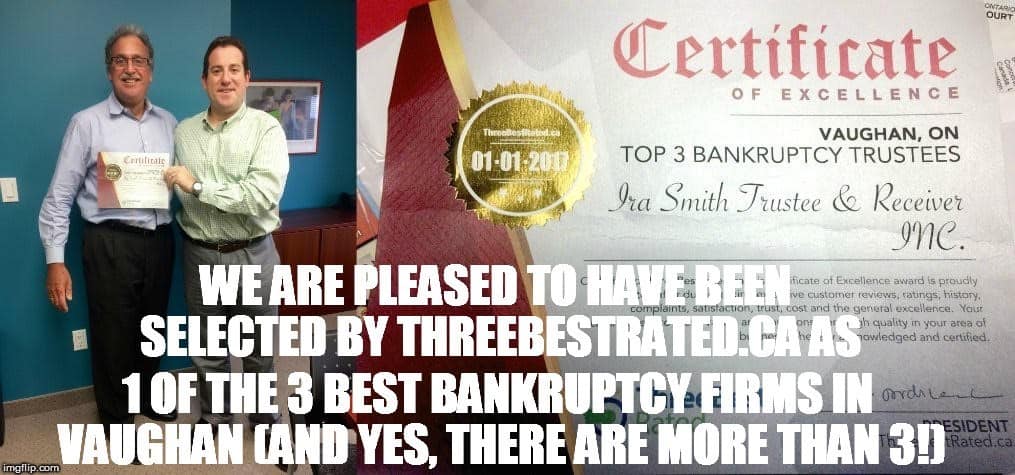 Trade and development: Introduction
Trade and development: Introduction
We live in a time of interesting politics when it comes to trade and development. Unfortunately, due to the trade war between the U.S. and Canada, many products are now considerably more expensive. Since household debt is at record highs and many Canadians are already living paycheque to paycheque, the price hikes on popular products can cause a significant impact on your finances. The best way to keep your spending in check is to show your patriotism and buy Canadian.
Trade and development: The Canadian list
According to the Retail Council of Canada, this is a list of popular products that will cost you more if not sourced locally or from a country other than the U.S.:
- Yogurt
- Roasted coffee – not decaffeinated
- Maple sugar and maple syrup
- Licorice candy and toffee
- Sugar confectionery
- Chocolate in blocks, slabs or bars
- Pizza and quiche
- Cucumbers and gherkins
- Strawberry jam
- Orange juice, not frozen
- Soya sauce
- Tomato ketchup and other tomato sauces
- Mayonnaise and salad dressing
- Mixed condiments and mixed seasonings
- Soups and broths
- Waters, including mineral aerated waters containing added sugar or flavour
- Whiskies
- Manicure or pedicure preparations
- Hair lacquers
- Pre-shave, shaving or after-shave preparations
- Preparations for perfuming or deodorizing rooms
- Organic surface-active products and preparations for washing the skin
- Automatic dishwasher detergents
- Candles
- Plastic sacks and bags
- Tableware and kitchenware
- Plywood, consisting solely of sheets of wood other than bamboo
- Paper and paperboard
- Toilet paper
- Handkerchiefs, cleansing or facial tissues and towels
- Tablecloths and serviettes
- Printed or illustrated postcards
- Printed greeting cards, with or without envelopes
- Cast iron grills
- Combined refrigerator-freezers
- Dishwashing machines
- Lawnmowers
- Inflatable boats
- Sailboats
- Motorboats
- Mattresses
- Sleeping bags
- Pillows, cushions and similar furnishings of cotton
- Playing cards
- Ballpoint pens
- Felt-tipped and other porous-tipped pens and markers
Trade and development: Be a nationalist and save money
Many of these products are manufactured in Canada so perhaps this is a good opportunity to make mindful purchases, whether or not there is a trade war on. E.g. Quebec produces 72% of the world’s maple syrup, so why would we ever buy it from the States? President’s Choice has an extensive list of products that are manufactured in Canada. As a nation, we have a long tradition of making Whiskey, so if that’s your pleasure, try a Canadian brand. With a little research, you could become quite the expert in buying Canadian and save a lot of money in the process.
Trade and development: What to do if you have too much debt
If the spike in prices because of the tariffs could put a strain on you financially, then the time for professional help is now. Unfortunately, we can’t remove the tariffs, but can help you deal with debt. At Ira Smith Trustee & Receiver Inc. we believe that financial problems can be solved with immediate action and the right financial plan. You can put your financial problems behind you and live a debt free life Starting Over, Starting Now. We’re just a phone call away.




 Comfortable retirement living: Introduction
Comfortable retirement living: Introduction
 Managing your personal finances: Introduction
Managing your personal finances: Introduction





